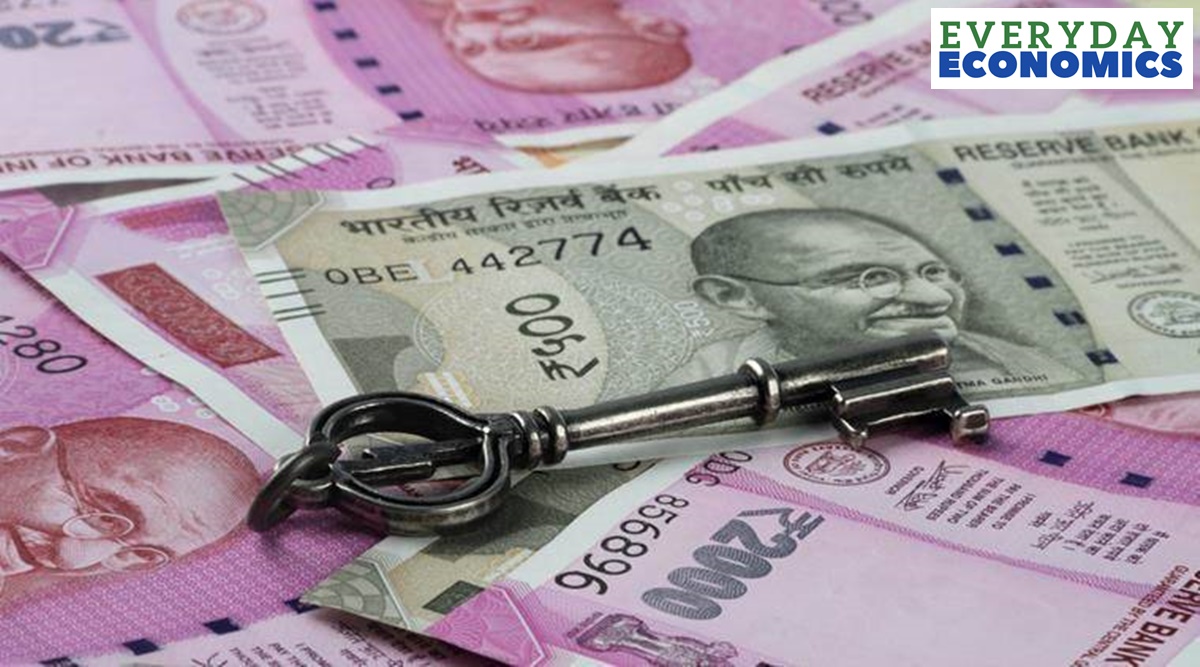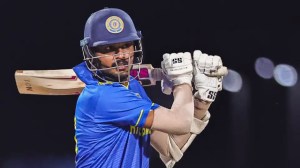Explained: What are SPACs for which a regulatory framework may be in the works?
The concept of SPAC has existed for nearly a decade now, and several investors and company promoters have used this route to take their investments public. The vehicle gained momentum in 2020, which was a record year for SPAC deals; this record was broken in 2021.
 The concept of SPAC has existed for nearly a decade now, and several investors and company promoters have used this route to take their investments public. (Representational/File)
The concept of SPAC has existed for nearly a decade now, and several investors and company promoters have used this route to take their investments public. (Representational/File)
The government is reportedly considering a regulatory framework for special purpose acquisition companies (SPACs) to lay the ground for the possible listing of Indian companies through this route in the future.
According to reports, the Company Law Committee, which was set up in 2019 to make recommendations to boost ease of doing business in India, has made this suggestion in its report submitted to the government recently.
In March last year, the US Securities and Exchange Commission (SEC) issued an investor alert on SPACs, cautioning investors “not to make investment decisions related to SPACs based solely on celebrity involvement”.
The concept of SPAC has existed for nearly a decade now, and several investors and company promoters have used this route to take their investments public. The vehicle gained momentum in 2020, which was a record year for SPAC deals; this record was broken in 2021.
The vehicle and its attraction
An SPAC, or a blank-cheque company, is an entity specifically set up with the objective of acquiring a firm in a particular sector.
An SPAC aims to raise money in an initial public offering (IPO) without any operations or revenues. The money that is raised from the public is kept in an escrow account, which can be accessed while making the acquisition.
If the acquisition is not made within two years of the IPO, the SPAC is delisted and the money is returned to the investors.
According to the American regulator, certain market participants believe that, through an SPAC transaction, a private company can become a publicly-traded company “with more certainty as to pricing and control over deal terms as compared to traditional IPOs”.
While SPACs are essentially shell companies, a key factor that makes them attractive to investors are the people who sponsor them. Globally, prominent names such as former NBA star Shaquille O’Neal, tennis star Serena Williams, former TikTok CEO Kevin Mayer, Dell Technologies founder and CEO Michael Dell, billionaire and venture capitalist Vinod Khosla etc. have participated in SPACs.
Where India stands
According to data sourced from SPAC Insider, a portal that maintains a record of SPAC deals, of the 1,145 IPOs by blank-cheque companies since 2009, 248 happened in 2020, 613 in 2021, and 58 in 2022 so far. The gross proceeds raised by SPACs amounted to over $83 billion in 2020 and $162 billion in 2021. The number for 2022 has crossed $10 billion already.
Early last year, renewable energy producer ReNew Power announced an agreement to merge with RMG Acquisition Corp II, a blank-cheque company, in what became the first involving an Indian company during the latest boom in SPAC deals. As things stand now, the Indian regulatory framework does not allow the creation of blank cheque companies. The Companies Act, 2013 stipulates that the Registrar of Companies can strike off a company if it does not commence operations within a year of incorporation.
Risk factors around SPACs
The boom in investor firms going for SPACs and then looking for target companies have tilted the scales in favour of investee firms. This has the potential, theoretically, to limit returns for retail investors post-merger.
Also, even as the SPACs are mandated to return money to their investors in the event no merger is made within two years, the fineprint of several SPAC prospectuses shows that certain clauses could potentially prevent investors from getting their monies back. Historically, though, this has not happened yet.
The US SEC noted that celebrities “like anyone else, can be lured into participating in a risky investment or may be better able to sustain the risk of loss”. “However, celebrity involvement in a SPAC does not mean that the investment in a particular SPAC or SPACs generally is appropriate for all investors…It is never a good idea to invest in a SPAC just because someone famous sponsors or invests in it or says it is a good investment.”
Newsletter | Click to get the day’s best explainers in your inbox
- 01
- 02
- 03
- 04
- 05







































